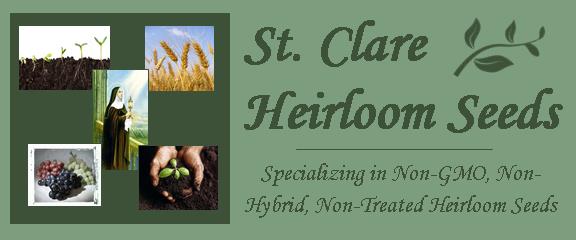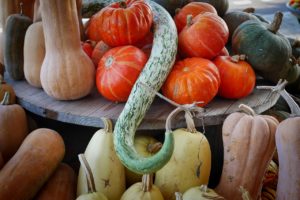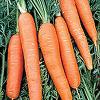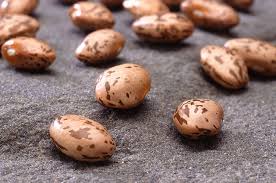This article is geared to those in more Northern areas of the U.S., for those in the South or hotter areas of the U.S., more helpful tips can be found here: What to do in the heirloom vegetable garden in September in southern states or hot climates geared towards what you have going on in the garden this month.
The heirloom vegetable garden in September enters a transitional phase between the end of summer and the onset of cooler fall temperatures. It’s a critical time for both harvesting summer crops and preparing for autumn planting. Here’s what to do in your heirloom vegetable garden in September:
Continue reading What To Do in the Heirloom Vegetable Garden in September





